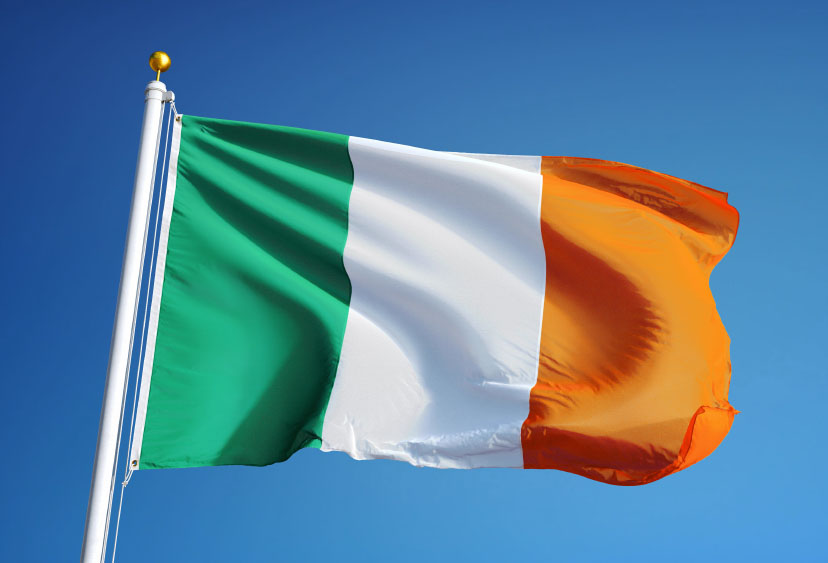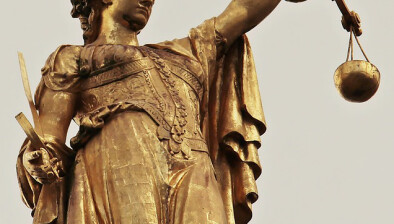Legislation to allow Irish military deployments without UN approval

Plans to legislate to allow Irish soldiers to be deployed overseas without UN approval have been announced by the government.
Tánaiste and defence minister Simon Harris said yesterday that the so-called “triple lock” — referring to the requirement for government, Dáil and UN approval — was no longer suitable for a “new era in Europe”.
The draft proposals will also increase the number of Defence Forces personnel that can be deployed as part of an overseas peace support operation without a Dáil resolution from 12 to 50.
Provisions relating to the deployment of Defence Forces personnel in non-combatant evacuation operations will also be amended.
Mr Harris yesterday claimed that the triple lock means “countries like Russia have the power to veto Ireland’s participation in missions via their role as permanent members of the UN Security Council”.
He said: “We don’t believe that Putin or other leaders should have a veto on whether our troops can be deployed. And that’s so why I’m pleased to secure government approval today to reform the ‘triple lock’, as we committed to under the programme for government.”
However, campaigners have said the Defence (Amendment) Act 2006 makes clear that approval for peacekeeping missions can also come from the UN General Assembly, where Russia does not have a veto.
Irish Legal News contacted the Department of Defence to query this point but had not received a reply by time of publication.
Mr Harris continued: “We are living in a new era in Europe, in which Ireland also faces significant new security and defence challenges, and we must consider how best to respond.
“Ireland has a long-standing policy of military neutrality, meaning that we do not participate in military alliances or common or mutual defence arrangements.
“Let there be no doubt, the proposed amendments to this legislation in no way affects Ireland’s policy of military neutrality and it will ensure we remain fully consistent with the principles of the UN Charter and international law.”










